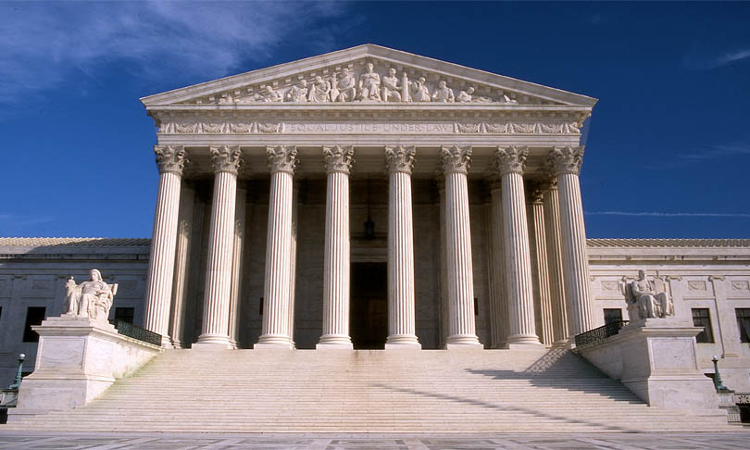The Supreme Court of United States (5:4) refused to grant injunctive relief against an order passed by Governor of Nevada limiting the maximum participants at a church,synagogue, or mosque, regardless of its size, to 50 persons.Calvary Chapel Dayton Valley, a church located in rural Nevada. They challenged the county zoning ordinance under the Religious Land Use and Institutionalized Persons...

